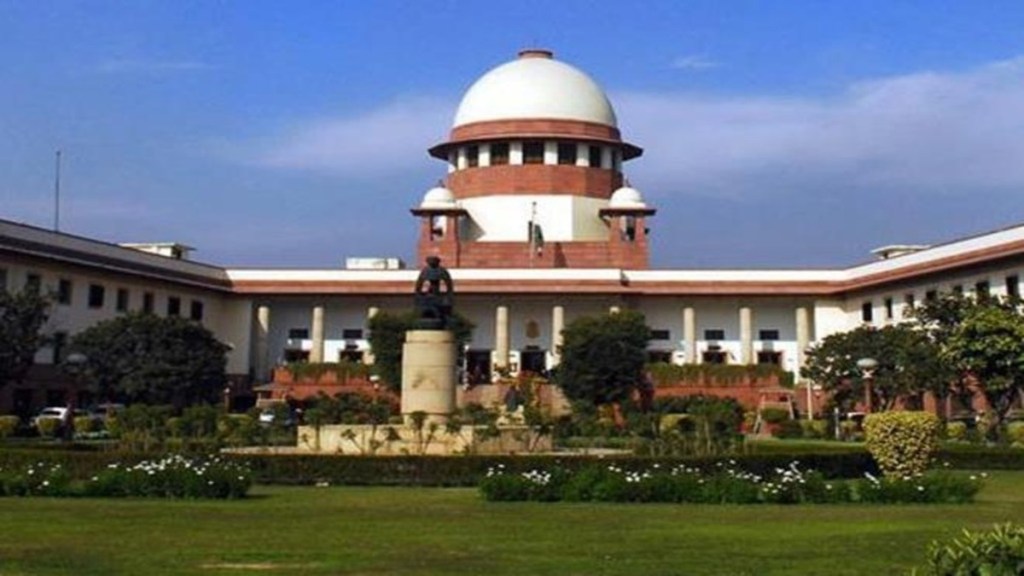In a setback to taxpayers, the Supreme Court on Thursday upheld the validity of around 90,000 past income tax reassessment notices on individuals and businesses, including those issued up to eleven years ago.
The revenue department sent these notices to the assessees, between April 1, 2021 to June 30, 2021; they pertained to the assessment years (AYs) 2013-14 to 2017-18 (FY13-FY17).
The court ruling, favoruring the department, means that an old regime, where the taxman had an extended facility to open up past cases for reassessment, would apply for the cases involved in the petition. These notices, sent during the Covid period, could now be pursued by the department. A new regime, introduced in FY22, had restricted the time limit for starting re-assessment in regular cases to three years, and had it applied to these cases, the notices would have become infructuous.
The apex court clarified that the amended provisions of the Income Tax Act–effective from April 1, 2021–must be read alongside Taxation and Other Laws (Relaxation & Amendment of Certain Provisions) Act (TOLA).
During the pandemic period, under TOLA, various time limits for compliance under the I-T Act were extended, in order to provide relief to taxpayers in view of the pandemic’s disruptions.
In May, 2022, taxpayers had faced a setback when the SC upheld all reassessment notices issued post-March 31, 2021 (Ashish Agarwal case). Several assessees had filed petitions in various High Courts, which led to a SC ruling in May 2022.
In that ruling, the SC held that although these reassessment notices were technically invalid under the old regime, they could be treated as show-cause notices under the new regime and be considered valid if processed accordingly. This decision impacted approximately 9,000 petitioners who had challenged the notices.
The Finance Act 2021, which came into effect on April 1, 2021, brought significant changes to the reassessment procedure under the I-T Act. These changes included–shortened time limits for reassessment notices from 4 years to 3 years in regular cases; increased threshold for cases involving escaped income, raising the bar from Rs 1 lakh to Rs 50 lakh for reopening beyond 3 years; extended time limits for serious cases from 6 years to 10 years.
The Finance Act 2024 revised the procedure for assessments whereby a case could be reopened beyond three years from the end of the assessment year only if the escaped income is Rs 50 lakh or more, subject to a maximum period of five years. In search cases, a time limit of six years before the year of search has been introcuced as against the earlier limit of ten years, with a view to reducing tax-uncertainty and disputes.
“The present (Thursday) ruling is the fallout effect of the landmark decision of the Supreme Court in the case of Ashish Agarwal,” said Nikhil Tiwari, tax partner, EY India.
The decision sets aside previous High Court rulings that had quashed these notices, offering relief to the tax authorities. “This judgement defines the extent of executive powers to modify statutory deadlines during extraordinary circumstances like the pandemic,” said Rakesh Nangia, chairman, Nangia Andersen India.
Ankit Jain, partner, Ved Jain & Associates, however, said that while the SC addressed most concerns, it remained silent on one key point–the validity of notices issued without proper approval from the higher sanctioning authorities as required under the new regime. “This leaves room for further contention and potential clarification in future rulings,” Jain added.

